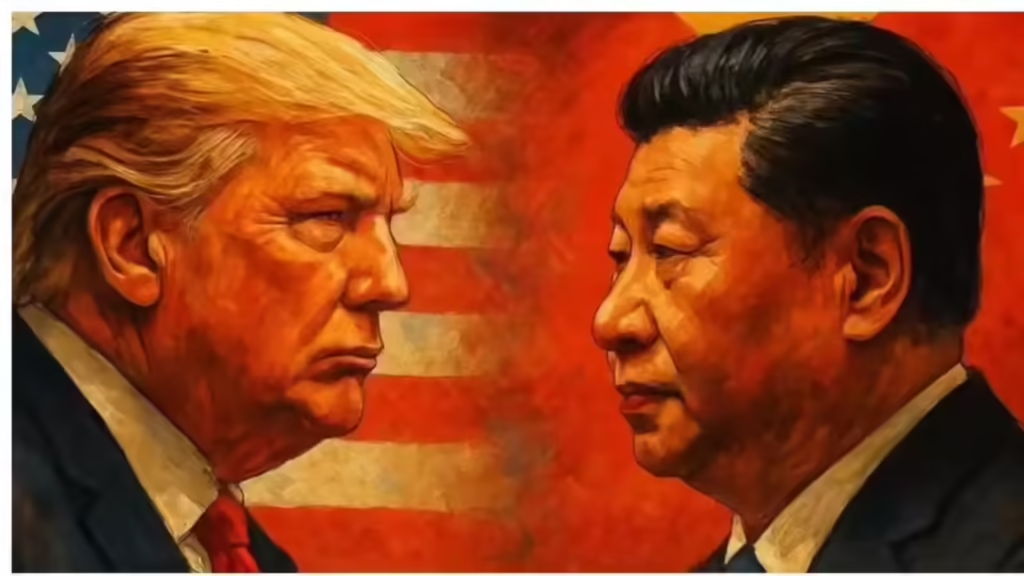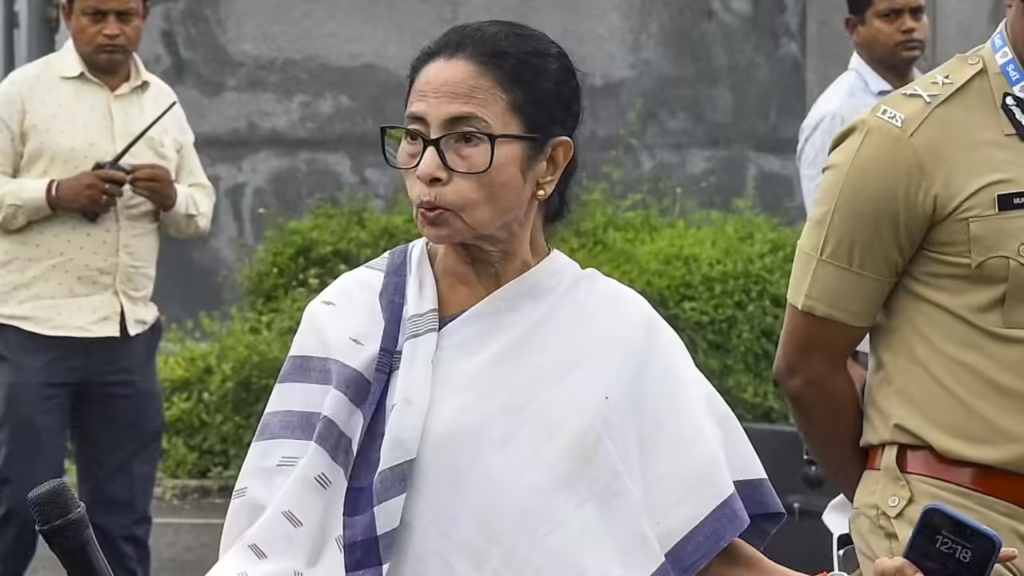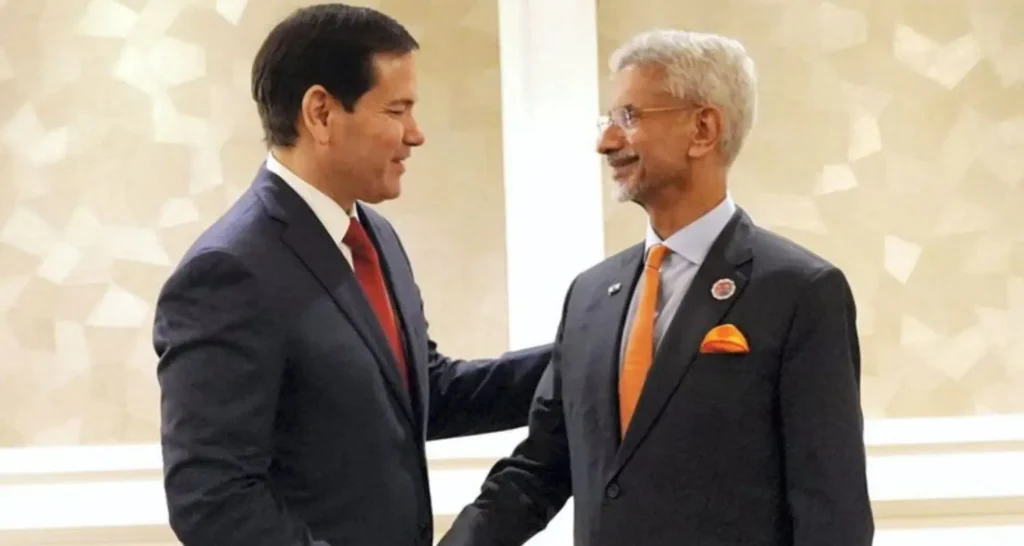Now Reading: Trump signs order to double steel and aluminium tariffs to 50%, exempts UK
-
01
Trump signs order to double steel and aluminium tariffs to 50%, exempts UK
Trump signs order to double steel and aluminium tariffs to 50%, exempts UK

In a significant trade policy move, former U.S. President Donald Trump has signed an executive order to double tariffs on steel and aluminium imports to 50%, aiming to protect American manufacturing industries. Interestingly, the United Kingdom has been exempted from the revised tariff structure, raising global eyebrows and triggering discussions on trade dynamics, especially in countries like India that export such materials to the U.S.
The Decision: What Has Changed?
Under the new directive, tariffs on imported steel and aluminium products have been raised from 25% to 50%. Trump’s order, positioned as a “national security measure,” intends to strengthen domestic production and reduce dependency on foreign imports.
The move is part of Trump’s broader “America First” economic stance as he continues campaigning for the upcoming U.S. elections. The tariff hike is expected to immediately impact exporting countries, especially those in Asia and Latin America.
Why Is the UK Exempt?
The United Kingdom’s exemption has raised questions among trade analysts. Trump stated that the UK had shown “fair trading practices” and “strategic alignment” with U.S. manufacturing goals. However, critics argue that the exemption may be politically motivated, possibly linked to ongoing U.S.-UK trade negotiations and diplomatic ties.
This decision creates a differentiated market scenario, giving British exporters a clear price advantage over others, including India.
Impact on India
India, a key exporter of low-cost steel and aluminium, is likely to feel the pressure of this decision. Companies in Tier 2 industrial cities like Jamshedpur, Bhilai, and Salem, where steel production forms a large part of the economy, could face reduced margins and lower export volumes.
Indian manufacturers and exporters are expected to reassess pricing strategies or redirect supply to alternative markets such as Southeast Asia, the Middle East, and Africa. Trade experts believe India may explore diplomatic channels to negotiate a better deal or seek tariff relief through the World Trade Organization (WTO).
Global Trade Reactions
Several nations have criticized the tariff hike, calling it protectionist and disruptive to global supply chains. The move comes at a time when the world is recovering from post-pandemic inflation and geopolitical tensions.
Analysts warn that if retaliatory tariffs are introduced by affected countries, it could trigger another round of global trade friction. Emerging economies may be hit hardest, as they lack the leverage to negotiate exemptions or trade deals on favorable terms.
Conclusion
Trump’s decision to double tariffs on steel and aluminium imports marks another chapter in U.S. protectionist trade policy, with significant ripple effects for countries like India. As industries in Tier 2 cities brace for possible export slowdowns, the focus now shifts to how global and domestic trade bodies will respond. Whether through negotiation or policy adjustment, India’s next steps will be crucial in safeguarding its interests in an increasingly fragmented global trade landscape.

























